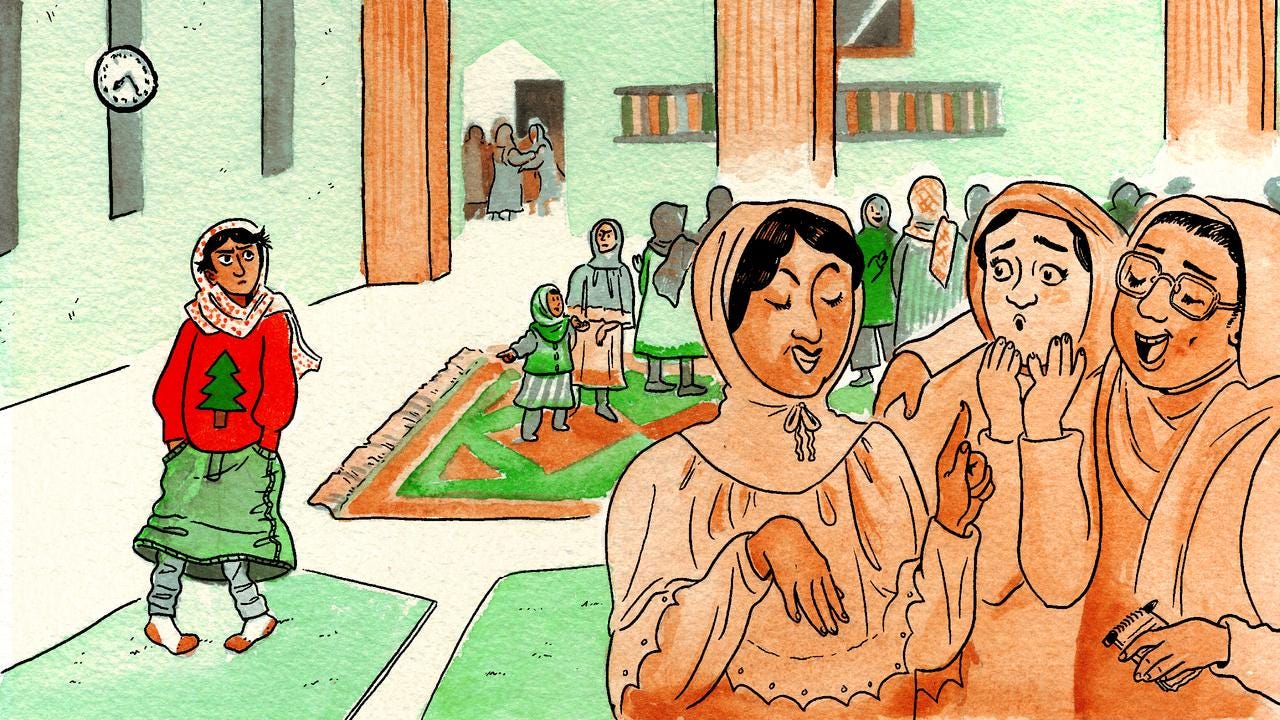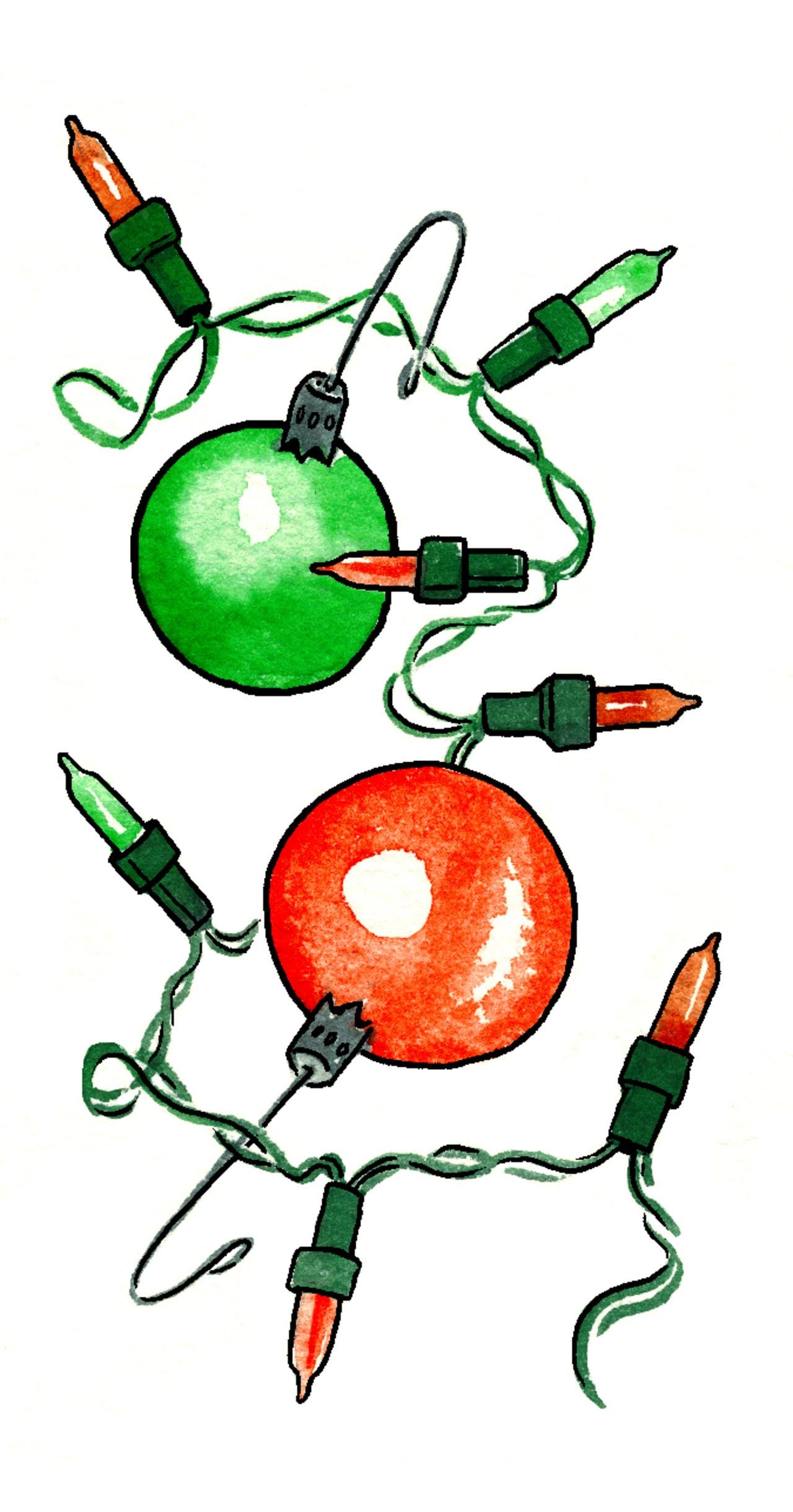The Adventures of a Pakistani in Texas
A young woman from Karachi doesn’t discover how intense Islam can be…until moving to Texas.
My first real memory of the United States is that of a three-story-tall Christmas tree in the middle of the ice rink of a Houston-area mall. It's the blasphemous image that I'll always associate with my family's move to America from Karachi, Pakistan, in December of 1999. I was eleven years old and the first few days of the move are a blur of spaghetti junctions, what I then thought of as bone-chilling cold, and a fascination with fast food restaurants. But the moment I spotted the tree is crystallized in my mind. It was the most spectacular thing I had ever seen.
The truth is, I wasn't sure that I actually wanted to live in the land of great opportunity that my parents claimed America would be. Instead, I spent the first few days in a country I'd only ever seen in the movies in a kind of muted awe. Though my parents tried to get me excited about the new Honda Odyssey they bought and the fact that I'd have my own bedroom, I wandered around our house in a daze, confused by the thick carpeting in the U.S. It was the reason I decided, firmly, that I was okay with my family's immigration.
I did not get a Christmas tree that year. My brief romance with Christian traditions came to a screeching halt a few days later, when the Islamic holy month of Ramadan began. Every day, thirty minutes before sunset, my family would pile into the Odyssey and head to the mosque. I'd walk into the women's section, go to the part where the other girls my age sat, and quietly unfold my prayer mat. I'd sit there quietly, my stomach grinding itself in hunger after a full day of fasting. The minutes before the call to prayer were agonizing. The girls around me talked rapidly about things I'd never heard of—Spongebob, Pokemon trading cards and Beanie Babies. Most of them had been born in the U.S. and spoke effortlessly with accents that seemed thick and foreign to me.
In Karachi, we had lived three-minutes’ walking distance from the mosque my family belonged to. I'd grown up sitting on prayer mats next to the same girls my entire life. We'd taken the same Koran classes, coordinated our outfits and listened to the same three men bleat out the call to prayer. In Houston, everything was different. These girls seemed more religious than the ones I'd grown up with, competing with each other to recite passages from the Koran. They'd listen attentively to the sermons, taking notes diligently and telling me things about the very religion I'd grown up with that I'd never known before. For starters, the girls told me that I wasn’t allowed to wear anything with an elephant on it—that, they said, was haram, or forbidden under Islam, although I’d never heard anything of the sort before. Then, they told me that wearing deodorant was also forbidden, as most products were alcohol-based and that too was haram.
During that Ramadan, I realized something I'd never understood before: Being Muslim could become a part of your identity, something that you could embrace as part of yourself like it was a talent akin to having masterful violin skills or the ability to do long division without a paper and pencil. In Karachi, everyone I knew was Muslim—my religiosity wasn't something that I could hold over someone else. In Houston, though, it had become a type of contest—these girls competed to be the best Muslims they could be, embracing parts of my religion that I hadn't been told were important in the first place.



